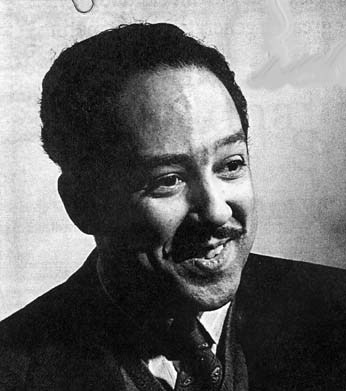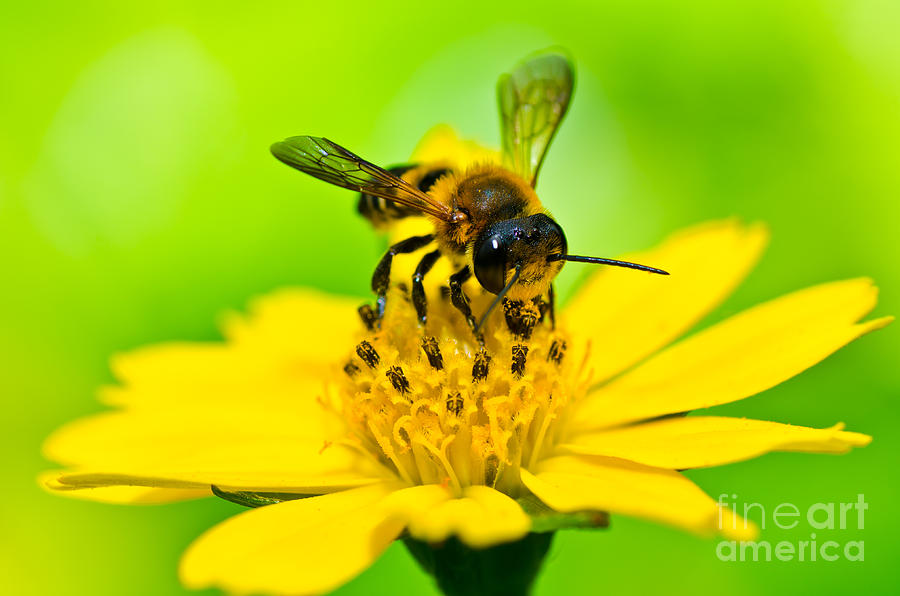 |
| Marcia Hawley Barnes, author |
My family recipes were not often written down. Mother cooked by memory and instinct. Perhaps when she was a young married woman, she used recipes, but I image her mother gave her oral instructions as did mine.
As with Marcia's family, some of our family recipes are lost. The fruitcake Mother made took weeks before it was ready to eat. She began at Thanksgiving putting all the ingredients together. She steamed the cake in a large pressure cooker, and it did not dry out.
For a month that cake, wrapped in layers of fabric from bleached white flour sacks, was fed liberal doses of bourbon. The bourbon, the secret ingredient that kept the cake moist gave it a different flavor.
Marcia has included short biographies of her ancestors throughout the book. She writes about Mary Frances Lampe who married Marvin Hawley in June 1940. Mary was born in Tacoma, a port city in Puget Sound. She developed cooking skills at home while working as a secretary. She learned to cook her mother's Slovenian dishes, but she was most influenced by the cuisine of her southern mother-in-law.
Mary Hawley made a Pear-Lime Salad-- the recipe is in the book. Marcia says it was always prepared in a mold and served on a pretty salad plate for special occasions. It compliments any dinner menu. I want to make this soon.
Let me tell you something about Marcia Barnes. She writes a column on books in the local newspaper. She reads good books and reviews them.
Marcia was awarded the title of Georgia Author of the year in 2017 in the category of books for children. She had written Tobija published by CSA books.
Tobijah is a delightful story emphasizing that even though many of us are different, we are not alone. The story holds the attention of young readers as Tobijah, a duck, tries to find a friend. This story is well written with the young reader in mind. It teaches through the story that helping and encouraging others can be a rewarding experience. Children can relate to the characters, and the story moves along emerging in a satisfactory outcome. Taking young readers on a journey, an exploration of life, it entertains and holds their attention. Tobijah has memorable characters, an engaging plot, and is fun to read.
Born in Tacoma, Washington, Marcia Hawley Barnes' early life was in sight of the mountains of the Pacific Northwest. She studied liberal arts at the University of Puget Sound, and design at the University of Houston, and received a Bachelor Degree in Fine Art from the University of South Florida. Further studies in Spanish and French languages were at Hillsborough Community College, University of Tampa, Macon State College, and Wesleyan College, Macon, Georgia. In 2014, she earned a Doctor of Christian Theology degree from the International Miracle Institute, Pensacola, Florida.
Barnes lives in North Georgia and is an active member of the NC Writers' Network -West.
Read more about Marcia here.








